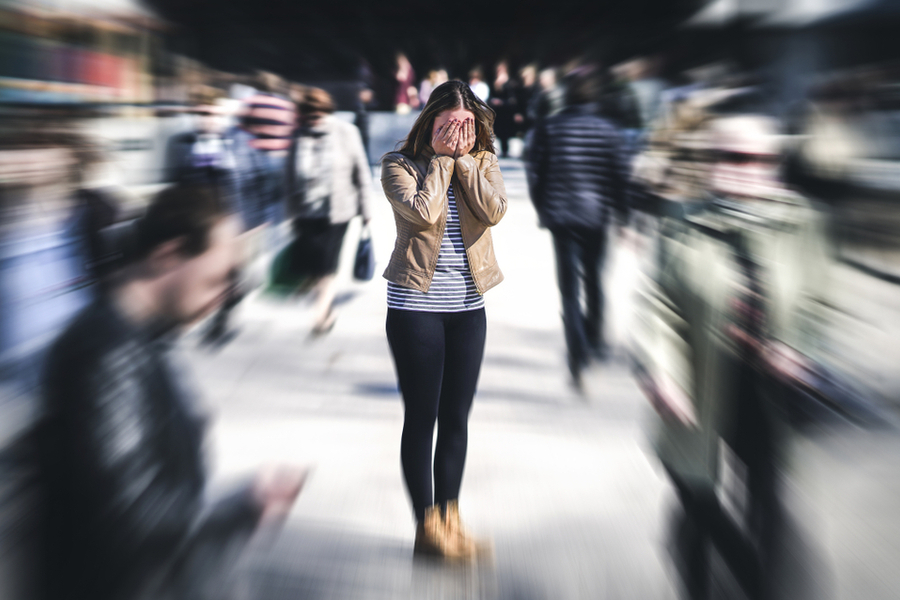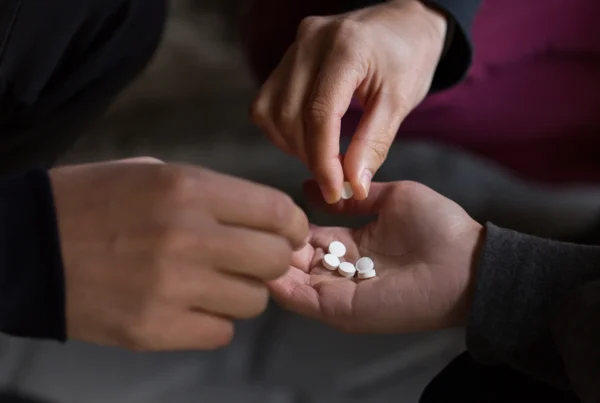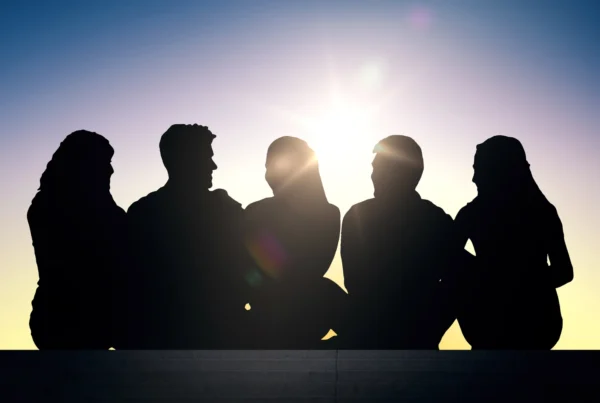
Table of Contents
“I loved the way it made me feel around other people.”
“I was pretty boring until I had a few drinks.”
“When I wasn’t using, I could just feel everyone’s eyes on me and could tell what they were thinking.”
Sentences describing life at the beginning of addiction are commonplace in twelve-step meetings and process groups. However, these thoughts describe more than addiction alone. They are also a window into what life is like with social anxiety disorder.
What is Social Anxiety Disorder?
It is important to note that social anxiety disorder is not mere shyness. It is an intense and irrational fear of interacting with other people – so intense that it negatively affects the lives of those so afflicted. Social anxiety disorder often manifests as a strong self-consciousness and an unreasonable feeling of being judged. Triggers to the disorder can include public speaking, meeting new people, going on dates, or ordering food at a restaurant. Individuals can feel inadequate, embarrassed, or depressed. They may also feel physical sensations such as sweating, trembling, flushed, or dizziness. These symptoms can become so intolerable that those suffering from social anxiety disorder have difficulty maintaining relationships or employment.
Social Anxiety and Substance Abuse
Substance abuse disorders and social anxiety disorders often go hand in hand. According to the Anxiety and Depression Association of America, 20 percent of people suffering from social anxiety disorder also struggle with alcoholism. Furthermore, a study by Doctors Joshua P. Smith and Sarah W. Brook found that the co-morbidity of anxiety disorders and substance abuse disorders or dependence is even higher than alcohol disorders. This includes addictions to anti-anxiety medications such as Valium or Xanax. What begins as self-medication – a few drinks or a pill to “loosen up” in social situations – can become a second disorder altogether. Furthermore, the nature of these disorders is to feed off of each other in an ever-worsening downward spiral.
Build Your Foundation for Success
The good news about social anxiety disorders is that they are treatable. Cognitive-behavioral therapy is a form of counseling that addresses problematic thinking patterns and their attendant behaviors. It is also an effective form of treatment for these disorders. So, too, are holistic anti-stress activities such as yoga and meditation. Ocean Recovery uses all three as part of our residential treatment program for substance abuse, disordered eating, and co-occurring disorders such as social anxiety. If you or someone you know is suffering, please call us today. We have been successfully treating these disorders since 2002. Let us help you build your foundation for success.
Sources
Ocean Recovery has strict sourcing guidelines and relies on peer-reviewed studies, academic research institutions, and medical associations for our references. We avoid using tertiary references as our sources. You can learn more about how we source our references by reading our editorial policy.
- Anxiety and Depression Association of America. Social Anxiety Disorder and Alcohol Abuse | Anxiety and Depression Association of America, ADAA. Published October 19, 2021. Accessed August 1, 2022. https://adaa.org/understanding-anxiety/social-anxiety-disorder/social-anxiety-and-alcohol-abuse
- Smith JP, Book SW. Anxiety and Substance Use Disorders: A Review. Psychiatr Times. 2008;25(10):19-23.




